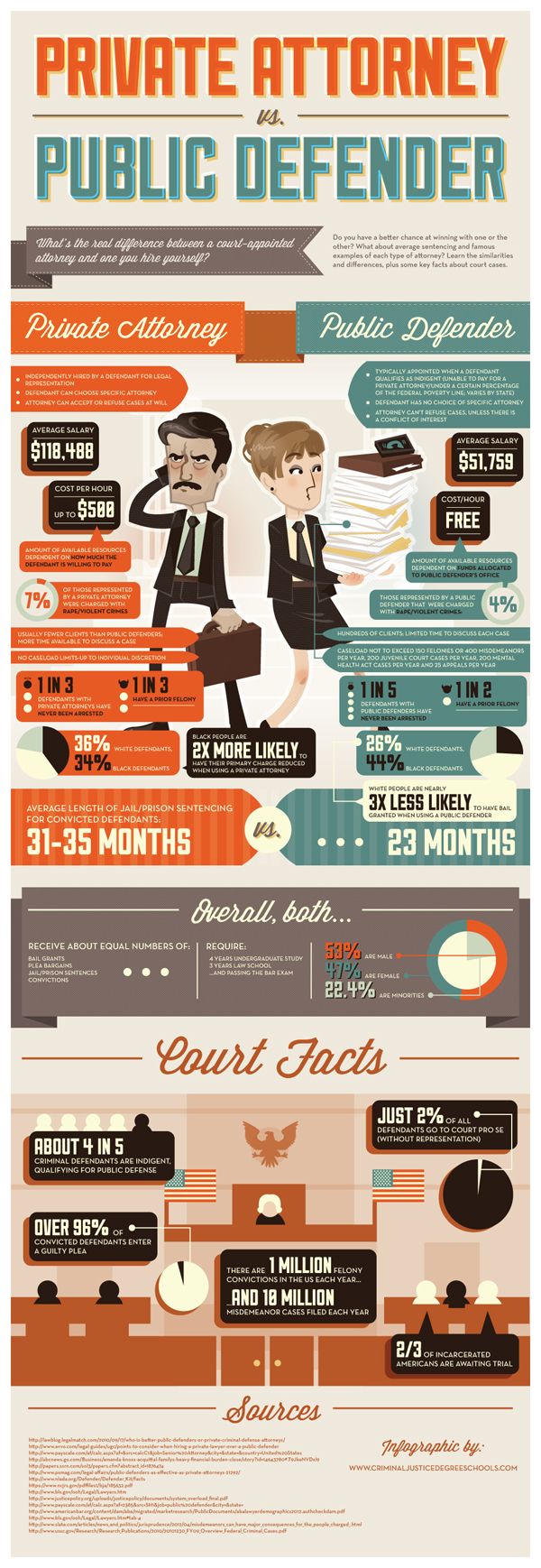Navigating A Criminal Trial: A Comprehensive Step-By-Step Assessment Of What Takes Place
Navigating A Criminal Trial: A Comprehensive Step-By-Step Assessment Of What Takes Place
Blog Article
Personnel Writer-Donovan Gill
When you enter a criminal trial, you may be shocked by the structured procedure that unfolds. It all begins with jury selection, where potential jurors are looked at for predispositions through a technique called "voir dire." Afterwards, both sides present their opening statements, setting the stage for the evidence and testaments to adhere to. You'll see just how the prosecution and protection build their instances, yet what occurs next can considerably affect the result. Comprehending these phases can reveal the complexities of justice, but there's more to reveal regarding the critical moments that follow.
Court Selection Refine
When it involves the jury selection process, you're diving right into an important phase of a criminal test. This process, commonly called "voir dire," includes doubting possible jurors to guarantee they're objective and with the ability of delivering a fair verdict.
You'll see both the prosecution and defense attorneys taking part proactively, each aiming to choose jurors who line up with their instance's story.
During voir dire, you'll discover that lawyers ask questions concerning jurors' backgrounds, beliefs, and experiences. Their goal is to recognize any kind of pre-existing biases that might affect a juror's decision. As a juror, you may feel a mix of nervousness and interest, however your sincerity is crucial.
After questioning, attorneys can challenge specific jurors for reason if they believe a juror can't remain neutral. They can also use a limited number of peremptory difficulties to dismiss jurors without stating a factor.
Trial Phases Explained
The phases of a criminal test play a crucial role in ensuring a reasonable and structured process.
You'll initially come across the opening declarations, where both the prosecution and defense describe their cases. This sets the stage wherefore's ahead.
Next off, the prosecution presents its evidence and witnesses, intending to prove the offender's regret past a reasonable doubt. You'll see direct assessment complied with by interrogation, permitting both sides to challenge the presented details.
After the prosecution relaxes its case, it's the defense's turn. They'll present their evidence and witnesses, commonly focusing on developing sensible question. just click the next website page 'll see that the defense does not need to show innocence; they just require to challenge the prosecution's case.
Once both sides have offered their disagreements, you'll hear closing declarations, where each party summarizes their case. how much do criminal defense lawyers make is crucial as it enhances their placements before the court deliberates.
Throughout these stages, the court makes sure that the trial abides by lawful requirements which the rights of both events are secured.
Recognizing these phases will certainly assist you appreciate the complexities associated with a criminal trial and the relevance of each action in the quest of justice.
Decision and Punishing
Besides evidence has existed and debates made, the court or judge supplies a decision, figuring out the defendant's sense of guilt or virtue. If you become part of the court, you'll deliberate with your other jurors, going over the proof and your impressions. This procedure can require time, as you'll wish to ensure every person agrees on the decision based upon the facts.
Once a decision is reached, it's revealed in court. If the accused is found guilty, the following stage is sentencing. felony drug lawyers near me is when the court chooses the proper punishment. You might see that various factors influence the sentence, such as the extent of the crime, the accused's past document, and any kind of mitigating scenarios.
The judge may impose a range of sentences, from penalties and social work to jail time. Occasionally, the defense or prosecution can offer disagreements regarding sentencing, trying to guide the court's choice.
If the defendant is found not guilty, they're acquitted, and no penalty complies with. Remember that a guilty judgment can commonly cause allures, where the accused might test the judgment or the sentence imposed.
Final thought
In a criminal test, you have actually seen how important each action is, from court option to the last verdict. You've complied with the prosecution and defense as they build their cases, intending to persuade the court. When deliberation wraps up, the verdict establishes the outcome, and if the accused is condemned, the sentencing phase begins. Comprehending these processes helps you value the complexities of the justice system and the importance of each function in guaranteeing a fair test.
